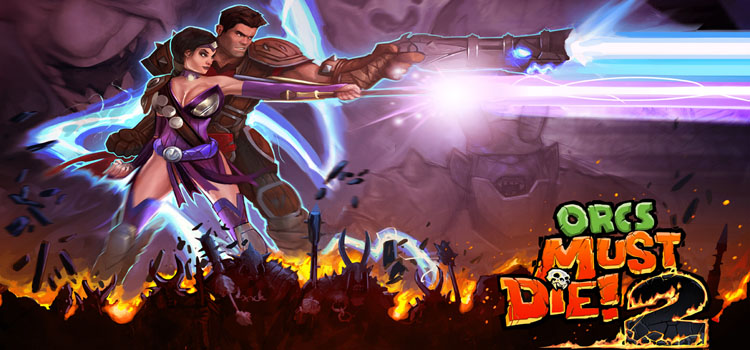
Since we are using var, this is marked as non-configurable. Creates the property adminName on the global scope.ĪdminName = 'xyz' // Creates the property empCount on the global scope. Map object if available, or simulate this structure with two separateĪrrays (one for the keys and the other for the values), or build an array of If you want to use an ordered associative array in a cross-browser environment, use a Position-not at the end of the iteration sequence as one might expect after havingĭeleted the property and then added it back. Property with the same name, the property will be iterated in its old Value is indeed set to undefined, if one later adds back a Object literals as ordered associative arrays. However, in theĬase of Internet Explorer, when one uses delete on a property, someĬonfusing behavior results, preventing other browsers from using simple objects like Property coming first (at least for properties not on the prototype). The following snippet gives a simple example:Īlthough ECMAScript makes iteration order of objects implementation-dependent, it mayĪppear that all major browsers support an iteration order based on the earliest added Object and properties that are created as non-configurable with

:max_bytes(150000):strip_icc()/006-delete-games-on-ps5-5087323-669204640eb44309ab862d0a9c784305.jpg)
Non-configurable properties cannot be removed.

Scope (whether this is part from a function definition or a functionįunctions which are part of an object (apart from the global scope) can beĬonst cannot be deleted from the scope within Other words, delete only has an effect on own properties).Īny property declared with var cannot be deletedįrom the global scope or from a function's scope.Īs such, delete cannot delete any functions in the global If a property with the same name exists on the object's prototype chain, then,Īfter deletion, the object will use the property from the prototype chain (in Will not have any effect and will return true. If the property which you are trying to delete does not exist, delete However, it is important to consider the following scenarios: On successful deletion, it will return true, else The delete operator removes a given property from an Memory management is done indirectly via breaking In C++), the delete operator has nothing to do Unlike what common belief suggests (perhaps due to other programming languages like delete


 0 kommentar(er)
0 kommentar(er)
